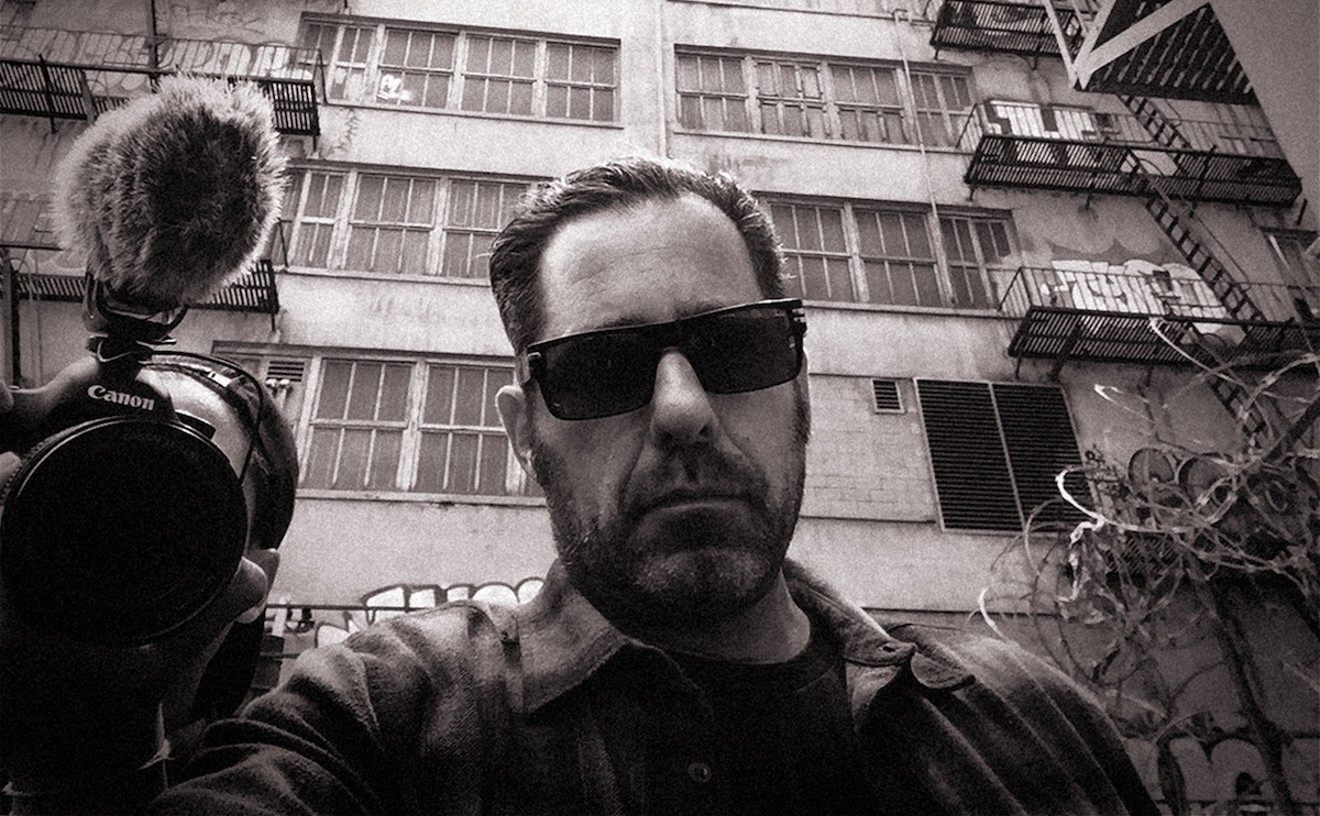The play is presented as a series of testimonies before an inquiring government official. A Coral Gables psychiatrist recounts his sessions with a troubled young patient, Andy Starr, the lone survivor of a plane crash that killed more than 200 others. Andy has survivor guilt, which is normal, but he also appears to have acquired amazing healing and psychic powers. The shrink's account alternates with that of a defrocked nun, Sister Felicity, who is convinced that these apparently miraculous events prove that Andy is the son of God. This fallen Starr is a reluctant, ambivalent messiah: he shuns publicity but nevertheless is drawn into a huge media crusade when Sister Felicity becomes his manager and promoter. And though he scoffs at the idea of his own deification, he begins to wonder whether perhaps his survival has a purpose, if he was spared to do good in the world.
With only four characters and a 90-minute intermissionless running time, Wait & See is a spare, stripped-down play that tells a very big story, something like Shakespeare trying to depict the battle of Agincourt with only a few spear carriers. In that, McKeever does Shakespeare one better -- except for the climactic finale, all of Wait & See's big events happen in the audience's imagination. The storyline pinballs from the plane crash to the governor's mansion in Tallahassee, a disaster on the Miami River, and a climactic rally at the Orange Bowl. It bustles with thousands of unseen characters -- politicians, religious zealots, church officials, reporters -- and seems at times, like Shakespeare, more like a big-budget movie than a play.
McKeever is one of the New Theatre's splendid trinity of significant playwrights, along with Nilo Cruz and Mario Diament, both of whom were in the audience for this production's opening night, a show of support that only emphasizes the New's ineffable importance as a nurturer of Florida's artistic community. Like his peers, McKeever is a prolific writer. Unlike them his theatrical talents are remarkably broad -- he's also an award-winning scenic designer (he designed this production's sleek modernist set), a sought-after graphic artist, and an actor with a dry comedic gift. This wealth of theatrical talent is in some measure McKeever's burden -- his interests and abilities are all over the map. Certainly his plays run a gamut of styles and subjects -- his Open Season was a traditional family comedy, Running with Scissors ventured into fantasy with Love and Death as on-stage characters, and A Town Like Irving was a ripped-from-the-headlines take on intolerance.
Wait and See seems to fall somewhere between the luxuriant poetry of Cruz and the intellectual rigor of Diament. Like Cruz, McKeever has a romantic, sensual way with words, using spoken language as a form of seduction. Similar to Diament, McKeever is not afraid to pitch complex ideas like fastballs, challenging the audience to keep up with him.
The play is graced with an effective, simple staging from Barbara Lowery and assured, textured performances. As Andy, Nicholas Richberg offers an effective blend of neurosis and charm, a joke-telling normal guy who's as bewildered by his sudden notoriety as he is traumatized by his experiences. Since virtually none of these events are depicted on stage, the burden of creating the story's major events -- the plane crash, the miraculous healing, and other vivid moments -- falls mostly on his ability to tickle the audience's imagination. Bridget Connors is more than a little scary as the passionate nun, whose cheerful intensity masks darker forces beneath. As the doubtful but kindly psychiatrist, Barry Tarallo offers a wholly plausible, realistic performance that helps ground this modern fairy tale, and Bill Schwartz's real life experience as a police lieutenant brings authenticity to his role as the investigator.
McKeever's fable echoes 9/11 but this is really a critique of religion building -- the way human desire can be manipulated by hype and hyperbole. Andy's Christ-like progress might be viewed as a swipe at the cult-building powers of the modern media, daring to claim parity with traditional religion, or maybe as a veiled critique of Christianity itself and its constant companions, chicanery and deception. By keeping his points enigmatic, McKeever manages to have it both ways. Much of the play's language is wryly funny but some of it is striking, never more so than Andy's harrowing recollection of the plane crash. The poetic text, Richberg's compelling performance, some evocative sound and lighting design from Ozzie Quintana and Pedro A. Remirez respectively, all subtly orchestrated by Lowery, make for a mesmerizing, indelible theatrical moment, one that's worth the ticket price in and of itself.
As with most new plays, this one could use more development. McKeever's testimonial device is efficient, but it guts the theatrical event of much on-stage fire. The play's heat and energy would be enhanced with at least one showdown between the story's two active characters (and philosophical antagonists) -- the logical, rationalistic psychiatrist and the mystical, irrational Sister Felicity. More centrally, Andy is the play's obvious central character, but he may not be the dramatic protagonist -- he's actually quite passive, a troubled guy who's about as proactive as a wet sock in a dryer. He's not driving the story, he's getting tempest-tossed from one overwhelming event to the next. It may well be that the psychiatrist, with his ordered, rational view of the world and deep unresolved emotional wounds (the death of his son and subsequent breakup of his marriage) makes a more potent protagonist in this tale of belief, disbelief, and guilt. As now written, the psychiatrist, who seeks to help Andy confront his survivor guilt, never comes to terms with his own, while the mystery of Andy's supposed powers is never resolved. Will McKeever return to work on this promising play or will he count his kudos and rest on his laurels? Wait and see.










